Approximately 95% of all brain injuries are not detected with routine magnetic resonance imaging (MRI) or computed tomography (CT) scans. Current diagnosis methods are subjective, inaccurate, and uninformative leaving patients struggling with their injury and not receiving the care or compensation they deserve.
TBIFinder uses ‘Big Data’ analytics to uniquely identify the presence, severity, and location of brain injury with greater than 95% accuracy. Our technology performs objective analysis of MRI data, correcting for age and sex, to produce a personalized report of every patient.
Our results are summarized visually and statistically in a final report to provide full details of all brain regions affected, linking MRI findings to symptoms, thereby providing healthcare professionals direction in terms of possible treatments.
We locate and grade impaired brain regions via advanced MRI analytics to help better understand, differentiate and communicate complex symptom presentations, while providing opportunity for more efficient personalized treatment approaches.
Support indirect measures of concussion obtained through traditional neurological assessment methods by measuring the brain directly.
Our novel functional magnetic resonance imaging (fMRI) analysis enables, for the first time, the detection of functional impairment with high precision. Supported by our diffusion tensor imaging (DTI) structural health assessment, the final report provides an unprecedented view of concussion-induced damage.
Big Data techniques enable the assessment of brain health in over 100 clinically distinct brain regions. Symptom scores are then calculated by aggregating weighted impairment scores for functionally relevant brain regions to help better differentiate between complex symptom presentations.
Age and sex-matched control groups ensure each assessment is accurate and individualized - all without the need for a baseline scan.
Identifying impaired brain regions can help health professionals address acute symptoms promptly, while providing actionable insight for the development of targeted rehabilitation exercise plans that can stimulate the natural repair process within specific brain regions.
By assessing the severity of damage in each brain region, our assessment can help progress the intensity of exercises safely and prevent common setbacks caused by overexertion.





